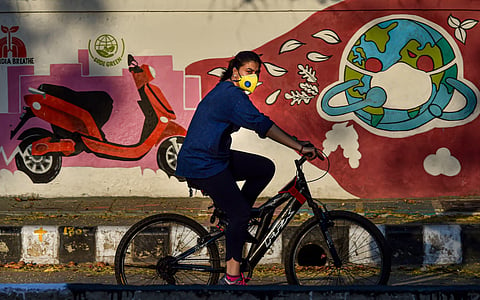

NEW DELHI/MUMBAI: The Phase III clinical trial of a potential vaccine candidate against Covid-19, developed by Oxford University, will also involve more than 1,500 volunteers across many hospitals in India and could begin as early as the first week of August.
Its experimental vaccine AZD1222, which has been licensed to AstraZeneca, showed promising immune response in early-stage clinical trials, raising hopes that it could be available for public use by the end of the year.
Adar Poonawalla, the CEO of the Serum Institute of India, which has entered into a manufacturing partnership with AstraZeneca, told this newspaper that based on the success of the trials, his company was expecting to launch the vaccine by the year-end.
“We will start making one billion doses for India and other low-and-middle-income countries. I believe by the first quarter of next year it will start reaching the masses,” he said. Poonawalla claimed it was too early to comment on the vaccine’s price but “we will keep it under Rs 1,000.” The Indian leg of the trial is important because of the normally higher pre-existing immunity levels in our population.
If Indians happen to be immune to the common cold virus or adenovirus that infects chimpanzees — which has been genetically modified to become the building block of the Oxford vaccine candidate — volunteers taking the shot in India could possibly not develop a strong immunological response.
“Pre-existing immunity may vary across the world.
Some studies indicate that it could be 80% in India, 60% in South Africa and under 30% in the US, so it’s important to assess how the vaccine works among Indians,” an official explained. The Serum Institute will seek approvals from the Drug Controller General of India next week for the Phase III trials. “India has a very heterogeneous population and while the effect of the vaccine in Indian population may not be very different from the Western population, we will not know unless we test it here,” Dr Rajeev Dhere, the executive director told The New Indian Express.
Warning on valve masks
The Centre on Monday warned against inappropriate use of N95 masks with respiratory valves. “The use of valved respirator N95 masks ... does not prevent the virus from escaping out of the mask,” it said
ALSO SEE: